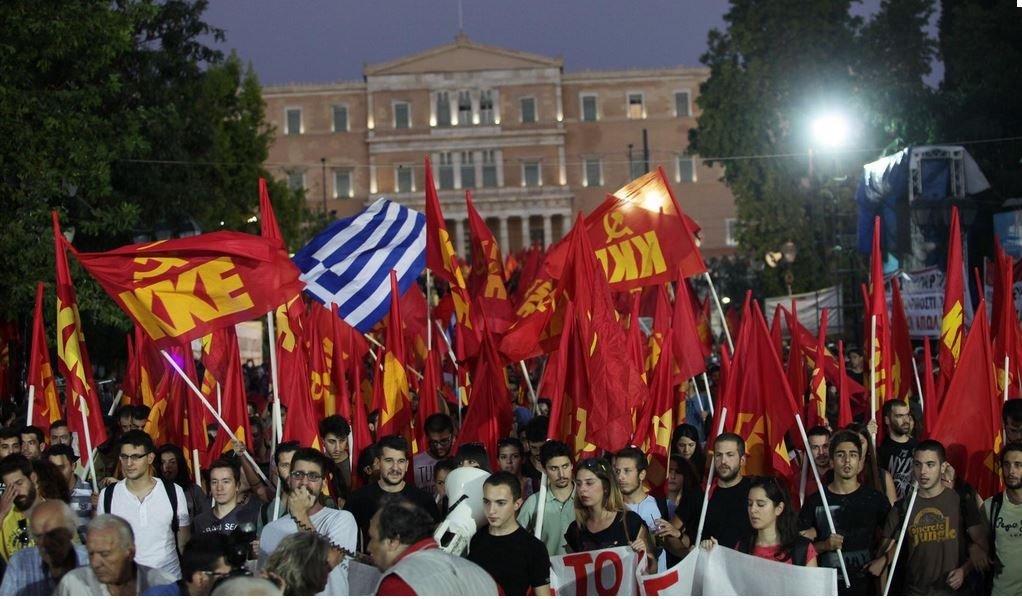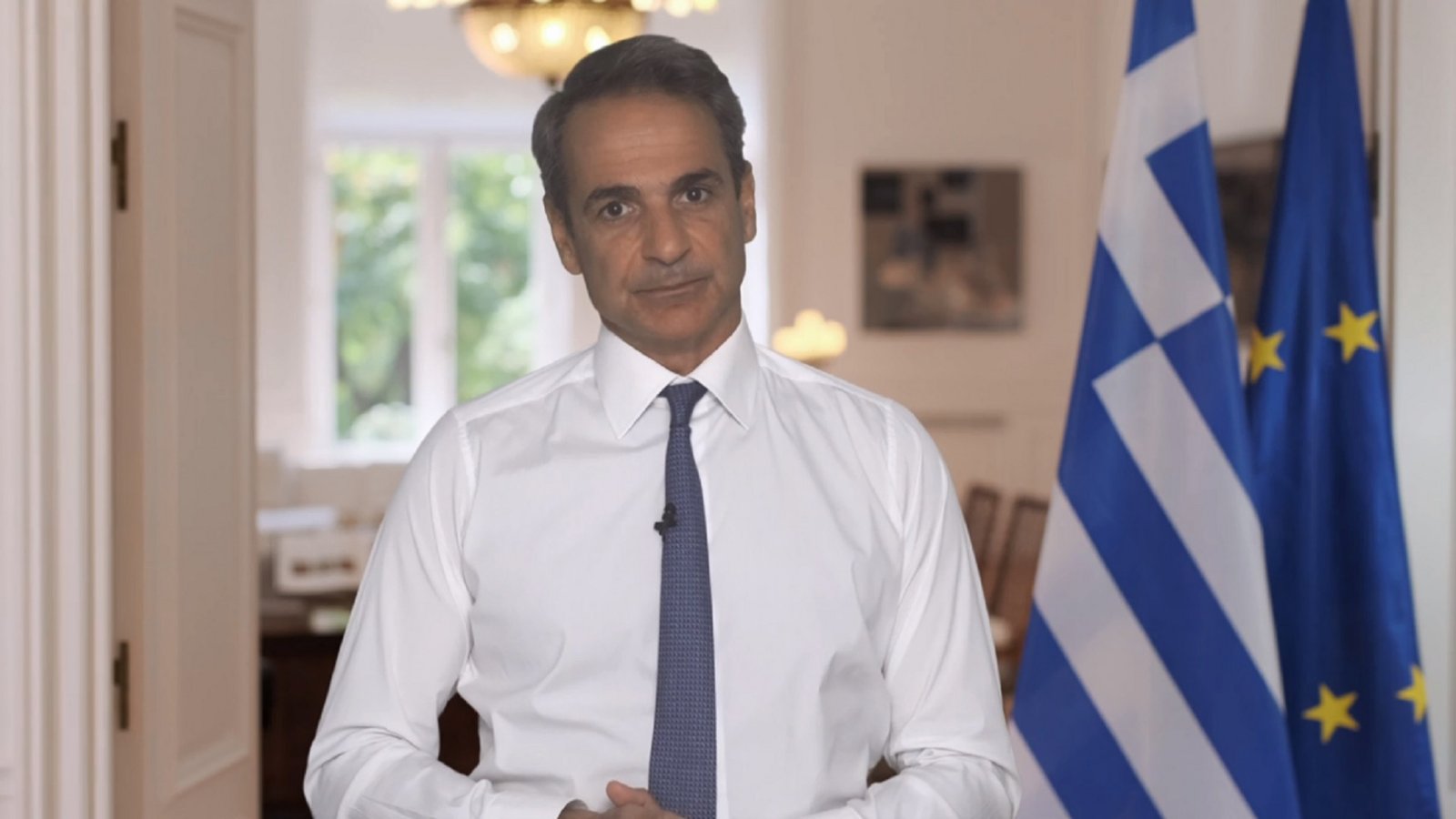21 May, the political landscape in Greece saw a major turning point with the national elections, resulting in a decisive victory for the New Democracy (ND) party, led by Prime Minister Kyriakos Mitsotakis. Despite ongoing scandals, including the illegal wiretapping controversy and the tragic Tempi train derailment earlier in the year, ND managed to secure a strong lead over its main opposition, SYRIZA, which suffered a crushing defeat. The election results reflected the broader challenges facing Greek society, especially in the context of economic instability, political disillusionment, and the rise of far-right movements.
The victory of New Democracy was significant, as it illustrated the continued support from key segments of the Greek electorate, particularly the middle class, despite the lingering issues of corruption and mismanagement that had plagued the government. ND’s success can be attributed, in part, to the relative economic stability that the country had experienced in the years following the harsh austerity measures imposed after the financial crisis. Although Greece, like many European nations, had been affected by inflation and rising costs of living, the government managed to point to certain areas of economic recovery that resonated with conservative voters.
In contrast, SYRIZA, once the dominant left-wing force in Greek politics, saw its voter base erode substantially. This dramatic decline can be traced back to the party’s rightward shift and its inability to present a compelling alternative to the status quo. SYRIZA’s leadership, which had focused its campaign on the corruption and failings of the ND government, failed to articulate a positive and comprehensive program that would address the immediate needs of working people. As a result, many traditional SYRIZA supporters, particularly from the working class, shifted their allegiance to other left-wing or smaller anti-establishment parties.
A notable feature of the election results was the rise of the Communist Party of Greece (KKE), which saw a significant increase in its vote share, particularly in working-class constituencies. The KKE’s electoral gains are a clear indication of the growing polarization within Greek society, as more voters, especially the youth, sought out a radical alternative to both ND and SYRIZA. The KKE’s ability to tap into the frustrations of the working class, particularly in the wake of the Tempi railway disaster, demonstrated the potential for a renewed left-wing movement in Greece, one that could offer a more militant and uncompromising stance against neoliberal policies.

The election also highlighted the persistence of far-right forces in Greek politics. The Greek Solution party, led by Kyriakos Velopoulos, increased its vote share, further consolidating the position of far-right movements in the political landscape. The rise of these groups, though relatively modest in comparison to the mainstream parties, reflects the broader European trend of growing right-wing populism and nationalism. Despite this, the far-right remains a complementary force in Greek politics, unable to independently dominate but still useful to the ruling class for parliamentary support.
PASOK-KINAL, the traditional center-left party, also experienced a resurgence in the elections, although it continues to face challenges in reclaiming its influence among younger and working-class voters. Under the leadership of Nikos Androulakis, PASOK-KINAL managed to present itself as a rising force by adopting more left-leaning rhetoric during the campaign. However, despite gaining votes from SYRIZA, it struggled to win significant support from younger demographics or in major urban centers, where the party’s influence remains relatively weak.
As Greece prepares for a second round of elections in June 2023, the political stakes are high. New Democracy is poised to secure an even larger majority, which would enable the party to implement far-reaching reforms, including potential constitutional changes that could further entrench its power. For the Greek working class, the prospect of a stronger ND government poses serious concerns, particularly regarding labor rights, privatization of public services, and the continued austerity measures.
In this context, the left faces a crucial challenge. SYRIZA’s leadership will need to reckon with the party’s failure to connect with its base and to offer a clear vision for the future. At the same time, the KKE and other left-wing forces have an opportunity to build on their recent gains by forging a united front against the right-wing government. This will require overcoming internal divisions and presenting a coherent strategy that addresses the immediate concerns of workers, youth, and other marginalized groups.
Ultimately, the outcome of the June elections will determine the direction of Greek politics for years to come. With the far-right and conservative forces gaining momentum, the left must regroup and refocus its efforts to offer a real alternative to the policies of austerity and neoliberalism. The future of Greece, as in much of Europe, hinges on the ability of progressive forces to resist the tide of right-wing populism and to fight for a more just and equitable society.

In conclusion, the May 2023 elections were a critical moment for Greece, reflecting both the entrenched power of New Democracy and the ongoing challenges faced by the left. As the country heads towards another electoral contest, the stakes are higher than ever, with the potential for significant political and economic changes on the horizon. The question remains whether the left can rally together to present a viable alternative or if the right will continue to dominate the political landscape in the years ahead.

